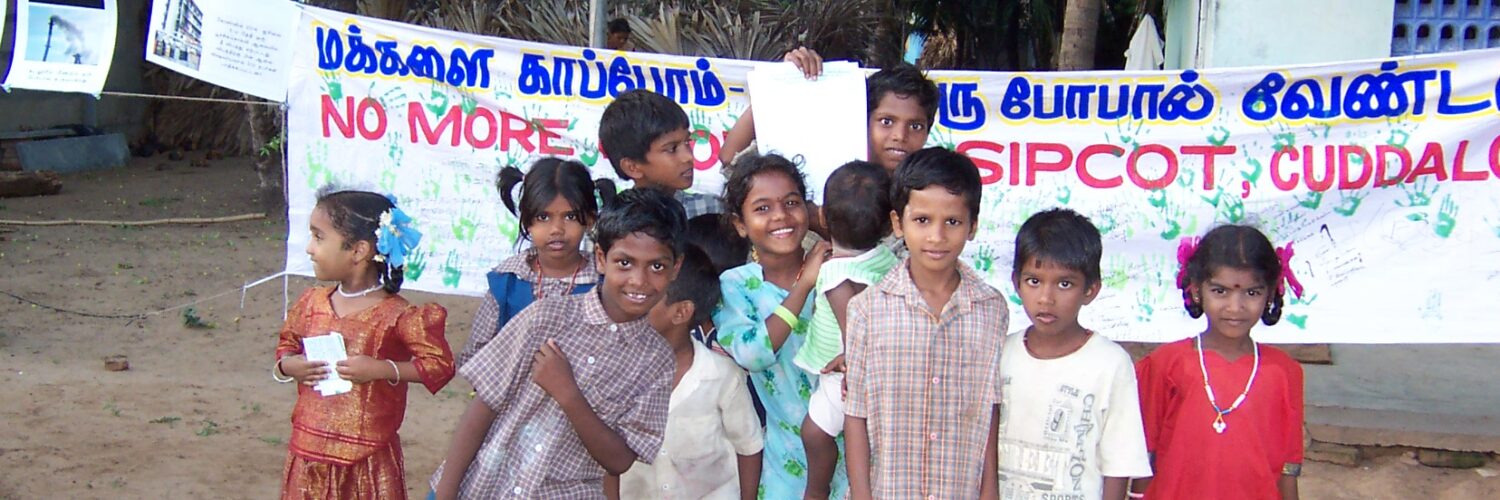21 June 2010
Gokul Chandrasekar
Express News Service
A site-specific target level of 25mg/kg for cleanup of mercury in Kodaikanal is grossly inadequate to save the eco-sensitive Pambar Shola forest, according to Mark Chernaik, toxicologist and staff scientist at the US-based ‘environment law alliance worldwide’. Chernaik made the remark after conducting a critical assessment of the four major reports on the proposed cleanup prepared by Hindustan Lever’s consultants NEERI and ERM. His assessment came following requests from Chennai-based activists.
Chernaik warned that the reports prepared by NEERI and ERM overlook the threat to aquatic life in Pambar River, its water quality and impact of mercury on the adjacent wetlands. His report goes on to say that fish caught from Pambar River may be unsafe for human consumption, if you go by US standards. “The mercury level detected in freshwater is 30 times higher than the mercury level recommended by USEPA for freshwaters,” he said in an email communication. Significantly, Pambar River also serves as a source of drinking water in the region.
“Uniquely important and bio-diverse ecosystem, Pambar Shola lies in the downhill of the contaminated soil at the Hindustan Lever’s factory site and reports submitted by HLL’s consultants lack any analysis if the standards are adequate to protect the ecological integrity,” Chernaik said in the mail. “Every drop of water that falls in the factory premises will carry the mercury and drain into the Pambar Shola and eventually into the Pambar River and Vaigai River,” warned Nityanand Jayaraman.
“Once elemental mercury is released in the open environment, organisms act upon them and convert them to methyl-mercury. Methyl-mercury increases exponentially as days pass by and passes onto water bodies and wetlands and contaminates them. Kodaikanal Lake and Pambar River are two major water sources that face the biggest threat. But what Hindustan Lever is doing is a measurement of elemental mercury. The damage meanwhile has already started,” said Navroz Mody.Pambar Shola, a reserve forest of the Tamil Nadu forest department is home to some of the most threatened and endemic species of flora and fauna. While some species have close relatives only in evergreen of northeast India or Southeast Asia, some others are found nowhere else in the world. According to Greenpeace, Pambar Shola is home to about 17 species of plants on the red data list (threatened species) that are found only in these forests and not anywhere else in the world.
